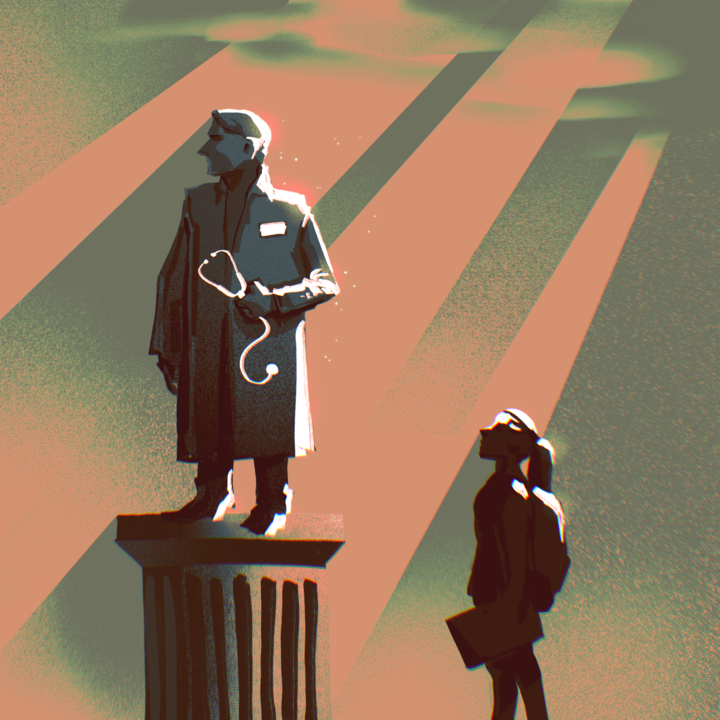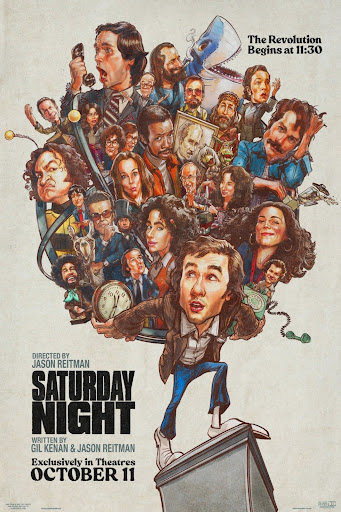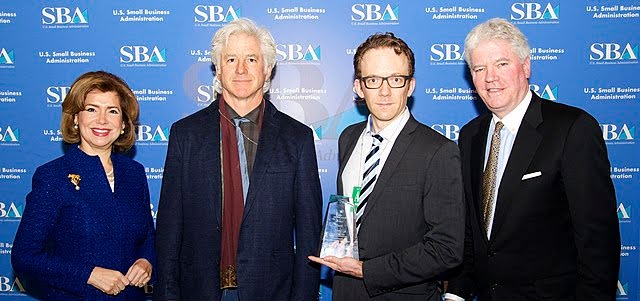We’ve made it through a good chunk of this semester, which means students at the UA are starting to get settled into their new schedules. We know which classes are hard, which classes have great professors and which classes we enjoy the most.
For many students, at least one of those classes is a required general education course.
“This class is so unrelated to my major” is an oft-echoed sentiment about such classes.
Man, I wish I were taking a class unrelated to my major.
In the UA College of Engineering, there’s not much of an emphasis on expanding a student’s horizons beyond the technical skills of an engineering discipline. Of course, we have to fulfill gen ed requirements like everyone else. However, the majority of engineering students took AP classes like U.S. Government or Economics in high school, which fulfill most of their college gen ed requirements.
With no foreign language requirement and a higher-than-average amount of required coursework, engineering students who want to pursue academic interests outside of their field must do so on their own. That’s tough to do, especially considering the rigors of completing an engineering degree on its own.
So what? If you’re in the College of Engineering, it’s because you want to learn how to be an engineer, right? Right.
And there’s a lot more to being an engineer than doing math, analyzing data and designing systems.
The purpose of engineering is to solve problems. Our college’s curriculum needs to give students the skills to create viable, efficient solutions that can be implemented in the real world.
The world, not just America.
The UA is one of over 120 schools in the U.S. to commit to graduating engineering students prepared to take on the world’s most pressing issues.
These issues, known as the Grand Challenges for Engineering, are laid out by the National Academy of Engineering. Included in the list are global problems like providing access to clean water, preventing Nuclear Terror, managing the nitrogen cycle and many more.
Engineers can solve these problems, but it will take more than just technical ability to do so. For example, a civil engineer looking to provide access to clean water in a developing country needs to understand the society he or she is trying to help. Traditions, religions and societal norms determine whether a particular culture will embrace and implement a potential solution.
Deep understanding of a culture is a crucial part of solving the problems it faces.
Teamwork is critical in engineering, and global collaboration has become commonplace. The ability to learn and speak other languages would allow teams to overcome language barriers that would inhibit productivity.
And yet, students in the UA College of Engineering don’t take foreign language classes and, for the most part, don’t explore coursework beyond the field of engineering. We aren’t required to, and just following the degree program is enough work as it is.
So what do we do to fix this? There’s not an easy answer. As much as I would like to see the College of Engineering step up and design degree programs for its students that offer coursework in classes that develop technical skills and understanding of the world around them, it’s just not possible.
Paul Blowers, a prominent chemical engineering professor and adviser in the department, explained the issue with trying to add coursework such as a foreign language requirement.
“The UA caps degrees at 120 units. Engineering, because of the increased rigor, petitioned for 128 for our minimum. If we add a foreign language, we have to drop requirements that are essential for technical proficiency, and our accreditation process will fail. No, we don’t have room for language as a requirement, but we encourage students to pursue their interests outside of our requirements.”
It appears that the best option is to integrate such education into the current curriculum. The Grand Challenges for Engineering provide a structure off of which universities can base their curricula. Here at the UA, the Grand Challenges are introduced in an entry-level course taken by all freshman engineers.
Unfortunately, it’s not much more than a half-hearted attempt to fulfill our commitment to graduating engineers ready to take on these Grand Challenges. A few research assignments and some simple online quizzes in one portion of one course aren’t enough to fulfill this commitment.
If the UA truly wants to prepare engineering students to tackle the world’s most pressing problems, our College of Engineering needs to take a good look at the education it is providing and ways to avoid losing accreditation while also ensuring students actually learn lessons outside engineering.
It takes much more than technical proficiency to change the world, and our curriculum needs to reflect that.
Follow Graham Place on Twitter.








